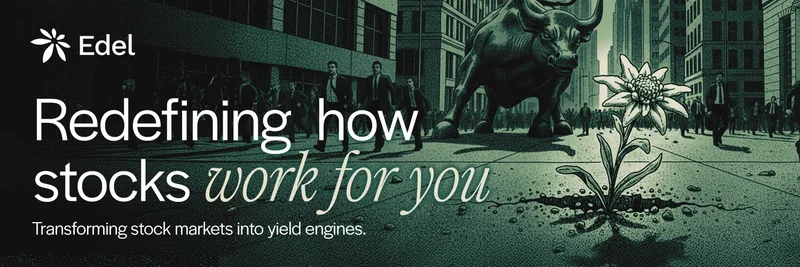In the fast-paced world of blockchain, where innovation meets ideology, a recent post on X (formerly Twitter) has stirred up quite the conversation. Posted by @CloutedMind, the tweet calls out what many see as a troubling trend: the normalization of corporate-owned Layer 1 (L1) blockchains. For those new to the term, an L1 blockchain is the foundational layer of a network, like Ethereum or Bitcoin, handling core functions such as consensus and security without relying on another chain.
The post reads: "loudest voices in our industry 'yEaH iT mAkEs SeNsE tO HaVe a CorPorAte L1' take a step back and realize how far weve come to be this retarded." It's a sarcastic jab at influencers and experts who argue that corporations building and controlling their own L1 chains is a logical evolution. But @CloutedMind isn't buying it, highlighting how this shift betrays the core principles of decentralization that birthed crypto in the first place.
This critique resonates deeply in the meme token community, where projects thrive on grassroots energy, community governance, and anti-establishment vibes. Meme tokens like Dogecoin or newer ones on Solana often poke fun at traditional finance and corporate overreach. A corporate L1, essentially a blockchain dominated by a single entity, risks centralization—think vendor lock-in, potential censorship, or profit-driven decisions over user freedom. As one reply from @gemsmorro put it: "corporate L1 is just vendor lock-in with extra steps." It's a reminder that in blockchain, true power should lie with the users, not boardrooms.
The discussion didn't stop there. Replies poured in, amplifying the skepticism. @golfwang0x suggested renaming it to a "centralized L1," stripping away the buzzword facade. Others, like @parcifap_defi, noted how quickly questionable ideas get normalized in crypto: "wild how quickly some ideas get normalized in this space." Even environmental angles emerged, with @jasoncola1 questioning the carbon footprint of "inefficient unnecessary databases."
Why does this matter for meme token enthusiasts? Meme coins embody the chaotic, democratic spirit of crypto. They're launched by anyone, pumped by communities, and often run on decentralized L1s like Ethereum or more scalable alternatives. Embracing corporate L1s could stifle this creativity, funneling activity into controlled ecosystems where memes might need corporate approval to flourish. It's a slippery slope away from the permissionless innovation that makes blockchain exciting.
If you're building or investing in meme tokens, this debate underscores the importance of choosing chains that prioritize decentralization. Stick to battle-tested L1s or Layer 2 solutions that enhance scalability without sacrificing ethos. For more on how meme tokens are pushing boundaries, check out our knowledge base on community-driven projects.
What do you think— are corporate L1s a necessary evil for mass adoption, or a regression? Head over to the original post on X and join the conversation. In crypto, staying vigilant keeps the revolution alive.
Key Takeaways from the Thread
- Decentralization First: Corporate control undermines the trustless nature of blockchain.
- Community Backlash: Replies show widespread frustration with industry trends.
- Meme Token Relevance: These coins thrive in open ecosystems, not corporate silos.
- Broader Implications: Questions on efficiency, environment, and innovation highlight risks.
As the blockchain space evolves, threads like this serve as wake-up calls. At Meme Insider, we're committed to unpacking these insights to help you navigate the meme token world smarter. Stay tuned for more updates!




